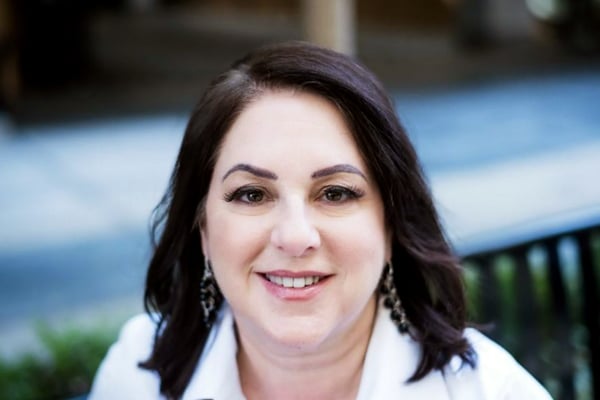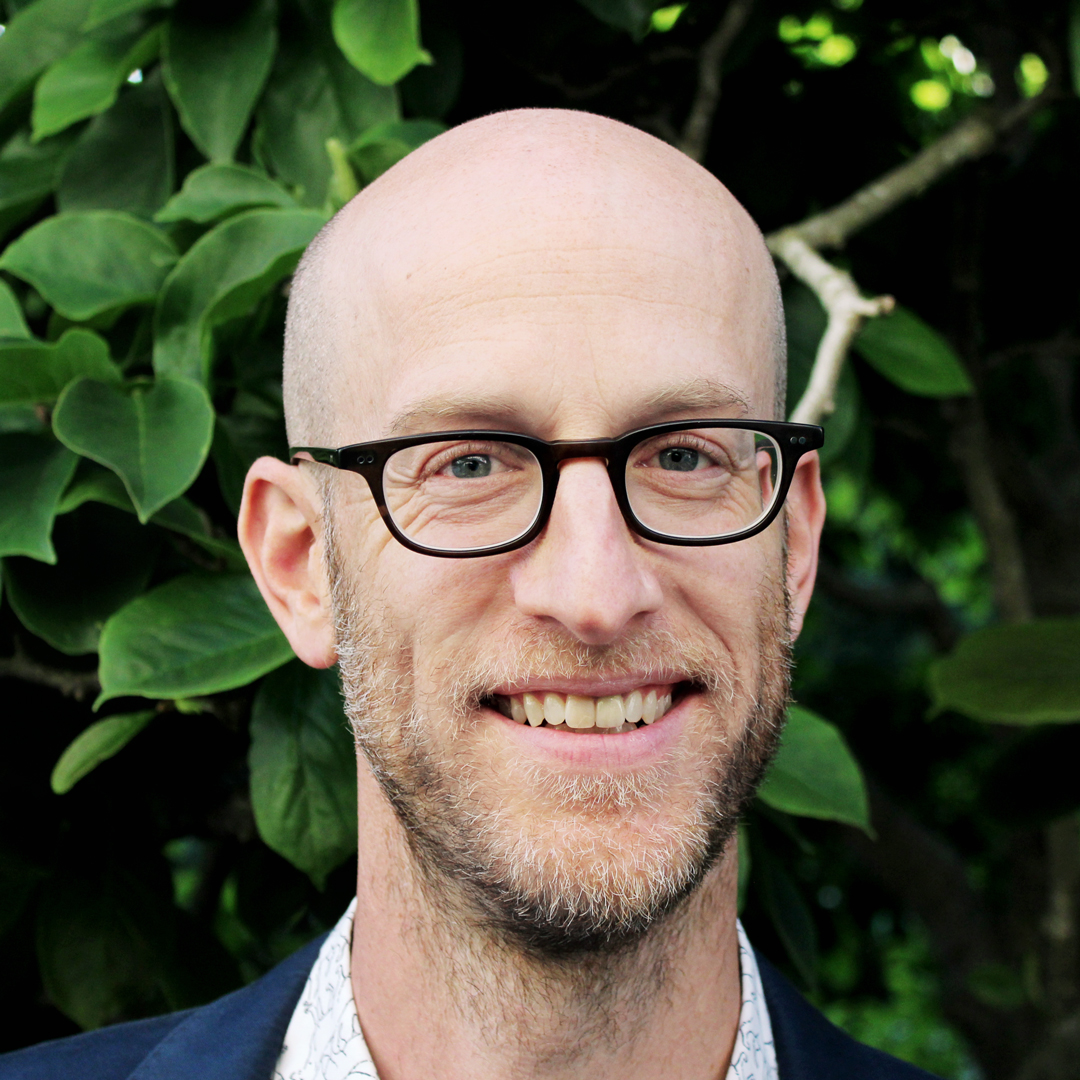Over the past several years, I have often written and spoken about the rise of bullying and incivility in the legal profession and the ethical implications of intemperate behavior towards colleagues, clients and adversaries. My perception that bullying was on the rise and incivility on the decline appeared to be confirmed last year when the International Bar Association released “Us Too? Bullying and Sexual Harassment in the Legal Profession,” a report on its survey of nearly 7,000 legal professionals from 135 countries.
What was particularly notable is how lawyers mistreat colleagues within the same organization. Roughly a third of men, more than half of women, and almost three-quarters of non-binary respondents reported that they had been bullied at work. Further, 40 percent of women and 32 percent of men reported that they observed others being bullied at work.
As I noted in my recent piece “From Perry Mason to The Good Wife: The Decline in Civility and the Rise in Bullying in the Legal Profession,” some of this decline is due to the portrayal of lawyers in traditional media and social media, as bad behavior is glamorized. To me, Saul Goodman from Breaking Bad and Better Call Saul exemplifies extreme unethical and boorish behavior that all of us want to avoid and condemn. Although the scoundrel he portrays is fictional, most of us have, at some point, encountered or observed inappropriately overbearing and aggressive conduct by our fellow lawyers.

Unfortunately, as tensions escalate while we adjust to a new world struggling with a health and financial pandemic, some within our profession may not take the high road. Clearly, some courts and bar associations are recognizing the threat to civility from heightened stress and uncertainty.
During the pandemic, the Los Angeles County Bar Association Professional Responsibility and Ethics Committee issued a statement citing their guidelines for civility, “urg[ing] all lawyers to liberally exercise every professional courtesy and/or professional authority vested in them to avoid placing parties, counsel, witnesses, judges or court personnel under undue or avoidable stresses or health risk.”
As the Los Angeles Bar Committee elaborated: “Any sharp practices that increase risk or which seek to take advantage of the current health crisis must be avoided in every instance.”
Similarly, on April 10, 2020, the Pennsylvania Bar Association Committee on Legal Ethics and Professional Responsibility introduced Formal Opinion 2020-300 Ethical Obligations for Lawyers Working Remotely, in which the Committee adopted the Los Angeles statement and further “urge[d] lawyers to comply with Pennsylvania’s Code of Civility and not take unfair advantage of any public health and safety crisis.”
“Our obligation to promote justice mandates that we condemn bullying in our profession and call out those who defy civility standards.”
The ABA Model Rules of Professional Conduct, which serve as a template for state rules, includes many provisions that discourage and prohibit bullying and unduly aggressive behavior in the practice of law. Among other things, the ABA Model Rules condemn: failing to communicate with a client promptly (Model Rule 1.4); asserting claims or defenses without a good faith basis (Model Rule 3.1); causing unnecessary delays in litigation (Model Rule 3.2); being untruthful to the courts (Model Rule 3.3); obstructing access to evidence (Model Rule 3.4); lying in statements to others (Model Rule 4.1); communicating directly with people represented by counsel (Model Rule 4.2); taking action with no substantial purpose that to embarrass, delay or burden a third person (Model Rule 4.4); and engaging in conduct that is prejudicial to the administration of justice or in conduct that is discriminatory in the practice of law (Model Rule 8.4(d) and (g)). All of these rules have implications for lawyers who engage in Rambo-style tactics, and courts are likely to be particularly intolerant of those who do so, especially in our current climate.
Lawyer bullying can manifest in dealing with clients, adversaries, courts and colleagues. For clients, to whom our greatest obligations lie, failure to respond in a timely fashion to client requests for information not only violates Model Rule 1.4, but is a form of bullying in that it causes unnecessary client anxiety.
Model Rules 3.1 through 3.4 address bullying towards opposing counsel and parties, and cover a broad array of misconduct that frequently leads to sanctions against the offenders. The standard of propriety in our dealings with third parties is set out, in part, in Model Rules 4.1–4.4.
Finally, Model Rule 8.4 is a broad catchall barring any misconduct in the practice of law and (Model Rule 8.4 (g)) in particular had implications for how we deal with our colleagues within our firms and in outside legal departments. Whatever the form or the target of overly aggressive behavior, the lack of common courtesy will eventually have negative consequences for the perpetrator.
“All of these rules have implications for lawyers who engage in Rambo-style tactics, and courts are likely to be particularly intolerant of those who do so, especially in our current climate.”
The most effective way for lawyers to learn how to behave professionally is not from caricatures portrayed in the media like on Better Call Saul, but by example from able and experienced colleagues. Unfortunately, as we work remotely, there are fewer opportunities to observe seasoned lawyers in action, but it is not impossible as much can be modeled through phone or email communications.
Further, the ABA Model Rules require senior supervising lawyers to assure that less experienced team members under their control, both lawyers and non-lawyers, abide by the ethical rules. Law firms and in-house legal teams can take several concrete steps to develop responsible and respectful lawyers who act civilly and do not resort to bullying or otherwise degrade the profession by acting improperly.
- Promulgate and Enforce Written Policies Forbidding Abusive Conduct.
- Conduct Mandatory Training and Educate Team About Reporting and No Retaliation.
- Don’t Accept Excuses and Hold Powerful Leaders Accountable.
- Mandate Disclosure of Inappropriate Conduct by Prospective Hires.
- Eliminate Mandatory Confidential Dispute Resolution and Gag Orders.
The steps are straightforward, but they are only effective if you act. Our obligation to promote justice mandates that we condemn bullying in our profession and call out those who defy civility standards. In a time of global trauma, taking the high road is not always the easiest path, but we should expect nothing less of ourselves or our profession.
Francine Friedman Griesing is the founder and managing partner of Griesing Law, a woman-owned firm based in Philadelphia with offices in Bucks County, Pennsylvania, New York, and Cincinnati. She has more than thirty-five years of experience representing clients in complex business transactions, high-stakes litigation, and alternative dispute resolution matters. She is considered a national expert on legal ethics and bullying in the profession. Fran can be reached at 215.618.3721, fgriesing@griesinglaw.com, or @FranGriesing on Twitter.


